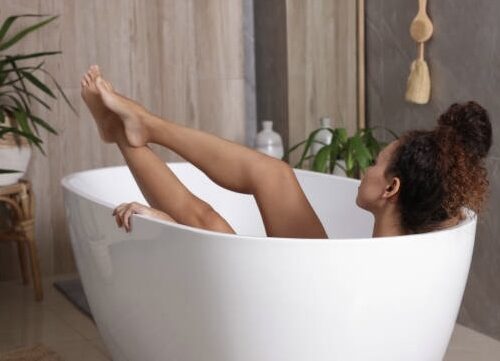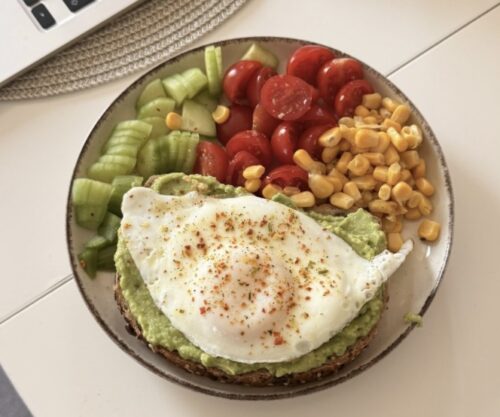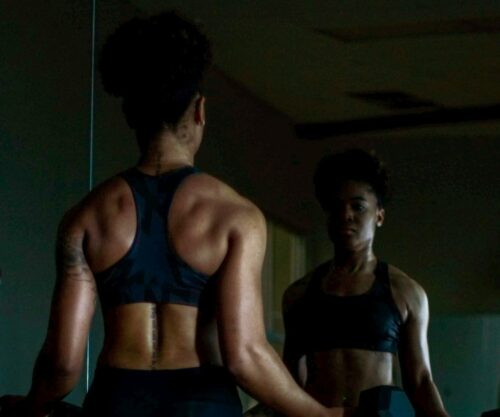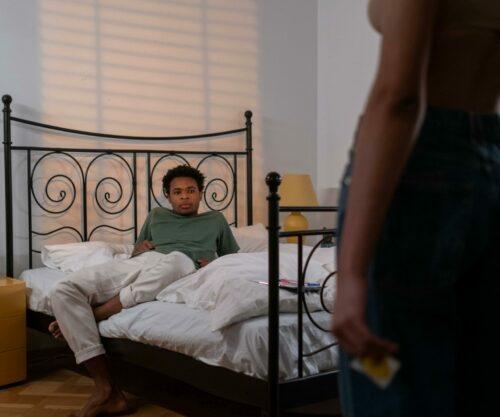
Even though getting to sleep at night can be challenging, knowing quick and simple tricks to fall asleep is a practice that many individuals could benefit from. Simply put, we are sleeping far less than we should compared to previous generations.
Here are a few sleeping techniques one could adopt to help you sleep faster and better!
Start by developing good nighttime routines
Clinical psychologist and sleep expert Janet Kennedy, PhD, who told Real Simple.com claims that the ability to fall asleep rapidly while in bed begins several hours before going to bed.
“If the first chance you have to be still is when you lie down in bed, you’ll be flooded with thoughts about all of the things that happened, everything you need to do, random conversations—everything you didn’t have time to think about during the day,” Kennedy says. “Ruminating increases arousal, making it much harder to fall asleep.”
Kennedy advises switching off screens at least an hour before bed to help with the wind-down process. Start by turning off your computer and phone, and then turn off the television.
“The mind needs a chance to settle down before bed, which is why it’s important to turn off screens at least an hour before bed,” she says. “We’re taking in so much information all day long, and we’re multitasking, which keeps the brain extremely active. But we need to take time to process or reflect on the day before going to bed.”
Use the 4-7-8 breathing method
Conduct the breathing method recommended by Medical Doctor Andrew Weil. In an interview, Dr. Weil compared this breathing method to a natural tranquilliser for your nervous system. You must exercise every night, though, as its benefits are at first mild and only get greater with regular use.
Try it tonight:
- Close your mouth and inhale quietly through your nose for four seconds.
- Hold your breath for seven seconds.
- Exhale completely through the mouth, making a “whoosh” sound, for eight seconds.
- Repeat this cycle four times.
Experts also recommend that you read a book and make your bedroom as dark as possible.
Also see: Why you should never sleep with your phone under your pillow




